Tuesday is the first day back in the House for MPs final four-week chunk of debating before the yule log gets rolled into the fire (surely no-one actually does that anymore).
The action should kick off with a roar during Question Time as the opposition begins their last pre-summer blitz, and it will also be noisy during the later debate on employment law. But in between there’s child poverty legislation that seems to be widely supported.
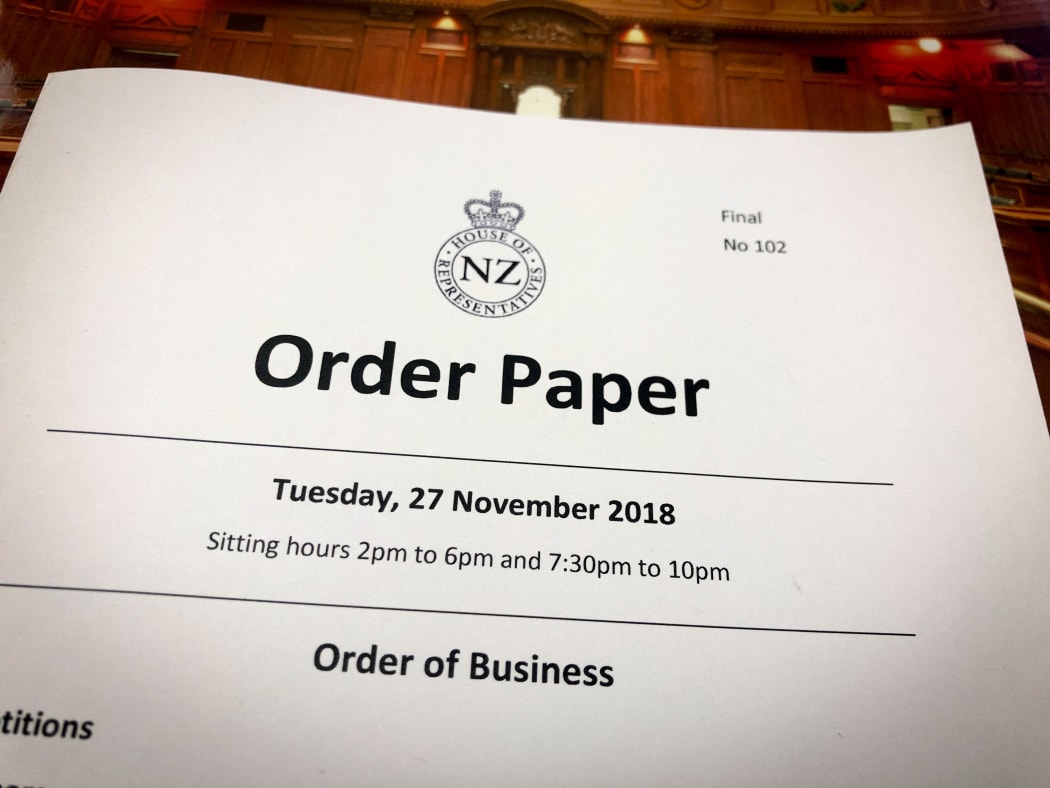
Photo: VNP / Daniela Maoate-Cox
The Order Paper determines what MPs will work on but it’s subject to change, so below is an outline of what they’ll try to work through.
Question Time - 2pm
Twelve oral questions to Ministers from either Opposition MPs or government backbenchers.
This usually lasts about an hour and is one of the fastest moving parts of the House’s proceedings.
Supplementary (follow-up) questions are allocated to parties but ultimately allowed at the discretion of the Speaker.
Reducing child poverty
What:
-
The committee stage of the Child Poverty Reduction Bill. Prime Minister Jacinda Ardern is in charge of this bill.
-
It will require a Government to set targets to reduce child poverty and also require transparent reporting on child poverty levels.
What did the MPs say?
-
At the Bill’s first reading, Prime Minister Jacinda Ardern said:
“Every Government, present and future, should be absolutely dedicated to the notion that children should get the very best start in life, free of poverty and hardship. I believe that that sentiment actually has long been shared in this Parliament because there shouldn't be politics in child poverty reduction.”
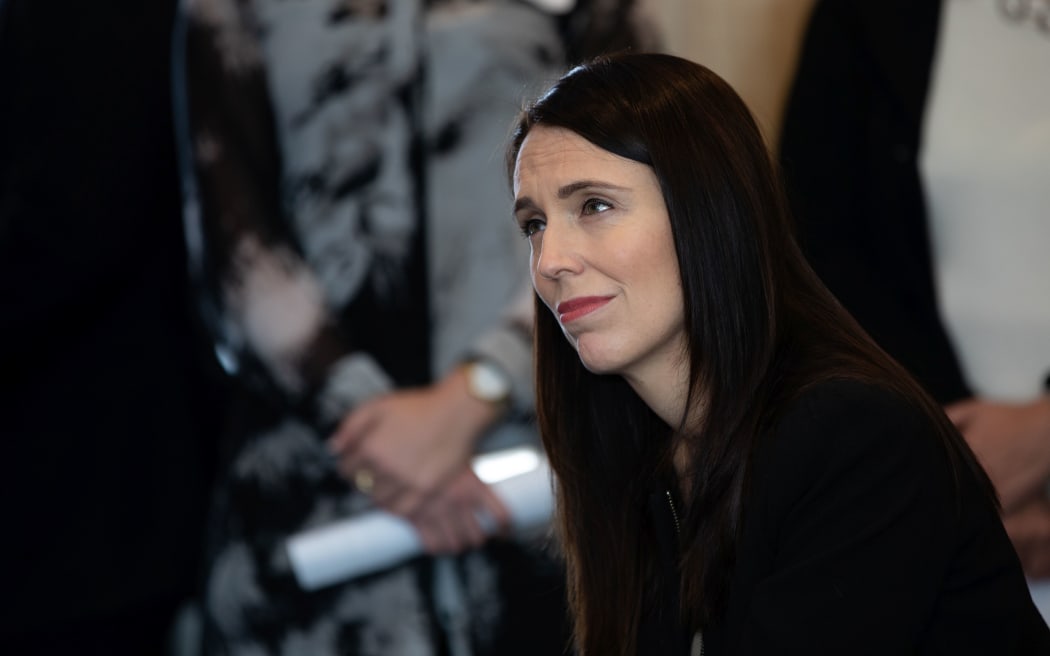
Prime Minister Jacinda Ardern Photo: RNZ / Dan Cook
-
Deputy leader of the Opposition Paula Bennett said:
“Forgive me if I stand here first off and say how ironic I find it that the Prime Minister stands up and lectures us about taking the politics out of child poverty, when one of the first things she did was remove the Better Public Services targets, which actually got to the heart of the causes of some child poverty and child deprivation, and didn't have anything to replace them with.”
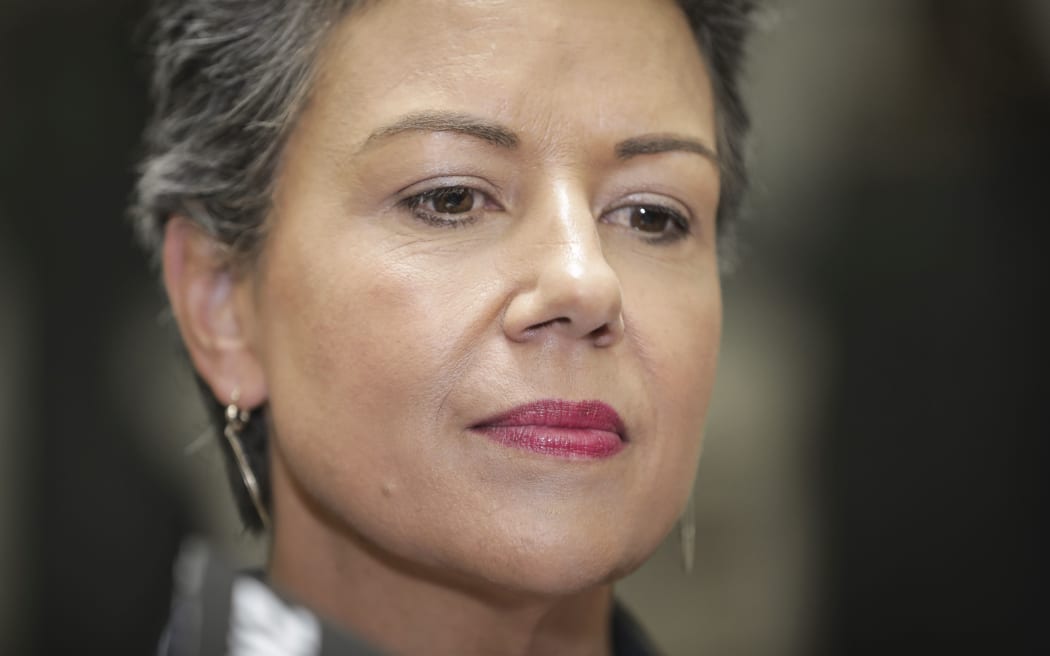
Deputy leader of the National Party Paula Bennett Photo: RNZ / Rebekah Parsons-King
A Partial Return to Employment Yore
What:
-
The second reading of the Employment Relations Amendment Bill. Iain Lees-Galloway as the Minister for Workplace Relations and Safety is in charge of this bill.
-
Very broadly the bill undoes a few changes that the National-led government made to employment law. Particularly contentious during the select committee review were issues around union access to workplaces and 90 day trials for new staff.
-
There are also rules around union access to new staff, information about wage rates in collective agreements, rules around bargaining, strikes, and rest and meal breaks.
-
The bill is returning from Select Committee with recommended amendments and a split report (as is common, the opposition included a dissenting view in the report back to the House).
What the MPs said:
-
In the First debate on this bill the Minister in Charge, Iain Lees-Galloway said:
“An effective employment relations framework balances the need for employers to have flexibility in how they run their businesses while providing safeguards and rights to employees. This bill rolls back a number of the previous Government's amendments that weakened employees' rights at work and tipped the balance too far away from the principles of basic fairness.”
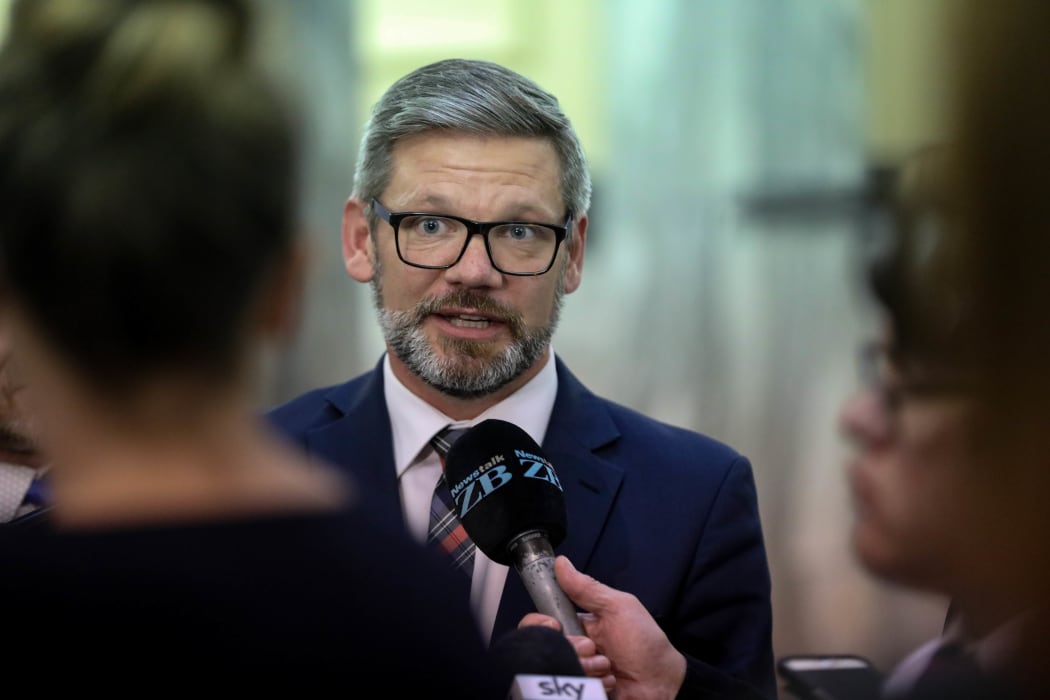
Minister of Workplace Relations and Safety Iain Lees-Galloway Photo: VNP / Phil Smith
-
In their dissenting opinion in the select committee report on this bill the National Party MPs said:
“The cumulative impact of changes to workplace relations contained in this bill will place a handbrake on economic growth, further undermine business confidence, reduce job creation opportunities for vulnerable employees, create a return to 1970s style aggressive adversarial trade union activity, and will ultimately be bad for both employees and employers.”
More than a Slap on the Wrist
What:
-
The second reading of the Conservation (Infringement System) Bill
-
This bill will introduce an infringement system for less serious breaches of conservation legislation. More serious than a formal warning but less serious than prosecution. For example, someone who fishes in a marine reserve but doesn’t catch any fish or do harm to the reserve could be served an infringement notice but someone who deliberately breaks the rules could be deserving of prosecution.
-
It’s an omnibus bill which means it will affect more than one Act. They are: the Conservation Act 1987, the Marine Mammals Protection Act 1978, the Marine Reserves Act 1971, the National Parks Act 1980, the Reserves Act 1977, the Trade in Endangered Species Act 1989, the Wild Animal Control Act 1977, and the Wildlife Act 1953.
Who:
-
The bill was introduced under the previous National-led Government but is now in the name of Green MP and Conservation Minister Eugenie Sage.
What the MPs said:
-
At the bill’s first reading, Minister for Women Julie-Anne Genter spoke on behalf of the Minister for Conservation Eugenie Sage and said:
“In general, each offence in the current law—fishing in a marine reserve, for example—encompasses a wide range of offending. Somebody who fishes in a marine reserve inadvertently, and does not catch any fish or do any harm to the reserve, may well be suitable for an infringement notice. Conversely, someone who deliberately flouts the rules and poaches fish from it is likely to merit prosecution action. The bill will make the treatment of less serious offending under conservation legislation consistent with the approach to enforcement we already have under our fisheries, biosecurity, and resource management laws. It should also remove unnecessary costs to the court system.”
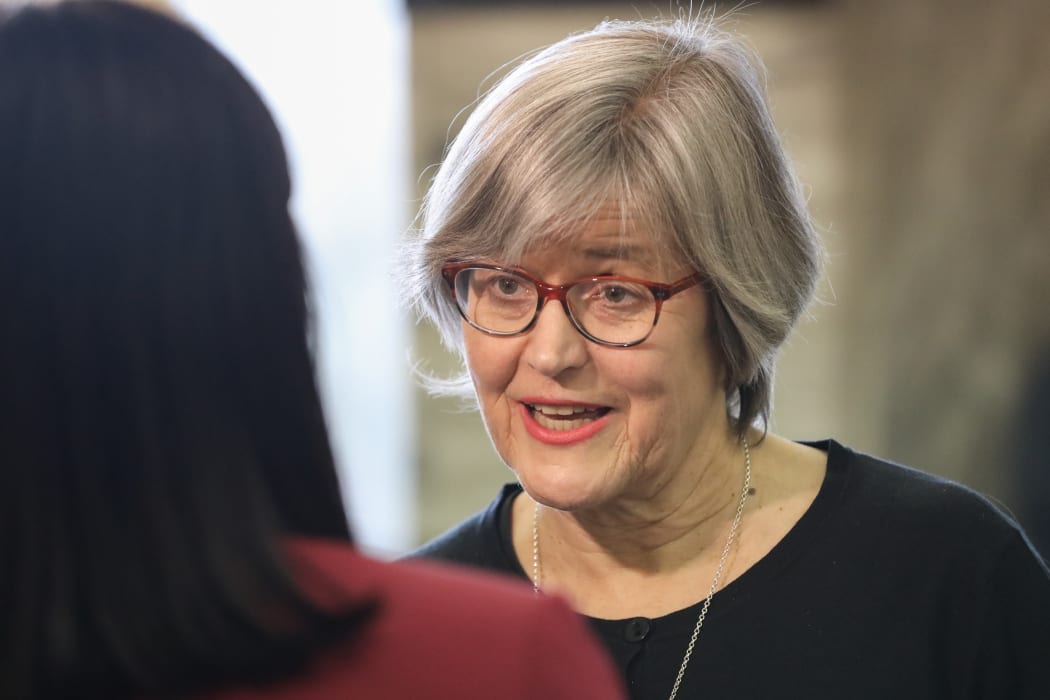
Minister of Conservation Eugenie Sage Photo: VNP / Phil Smith
-
Former Minister for Conservation and National MP Maggie Barry said:
“People in this House may recall the publicity around the jewelled geckos and people smuggling them out in their underpants, and so forth. The international market for some of our unique national taonga is such that they have been targeted. It was essential to up the ante and make New Zealand less of a soft target for these international poachers, and that's what we did and the fines were dramatically increased. We upgraded the language, as well, of the 1953 Wildlife Act to give the DOC rangers extra powers, which, again, they felt they needed.”
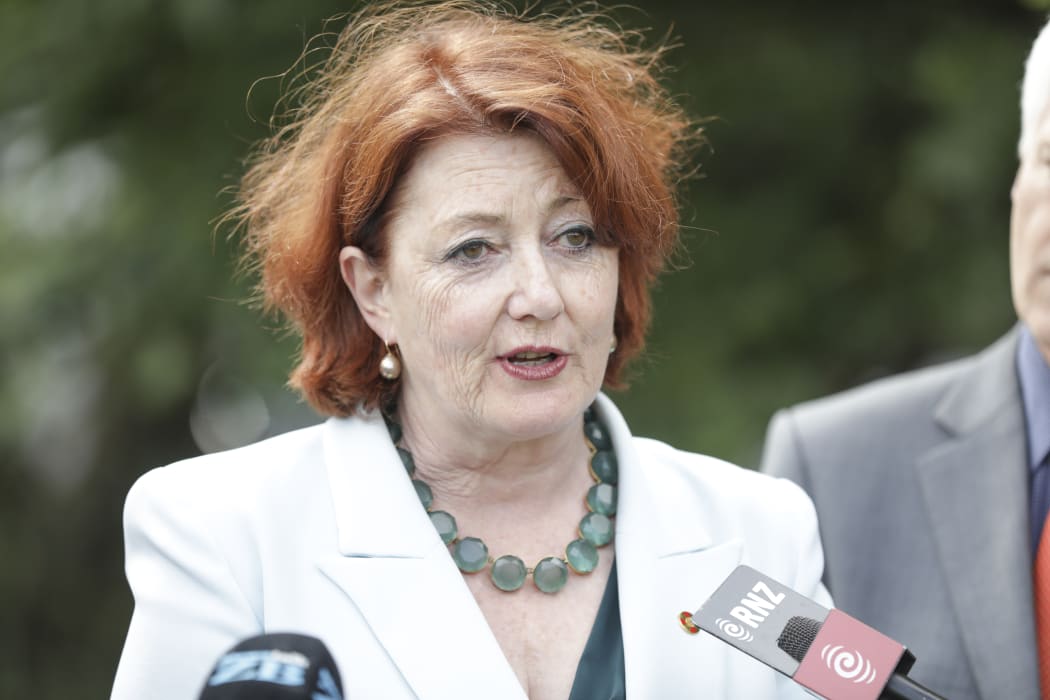
National MP Maggie Barry Photo: RNZ / Rebekah Parsons-King
Keeping doctors good
What:
-
The continued second reading of the Health Practitioners Competence Assurance Amendment Bill
-
Health practitioners, employers, and the Health and Disability Commissioner can currently report concerns over a health practitioner's ability. This bill will widen that to allow anyone, including patients and members of the public, to report poor practices to an authority.
-
It will also allow for independent performance reviews of health practitioner's professional bodies and authorities to look at how effectively and efficiently authorities perform their functions. The reviews would be conducted at least every 5 years.
-
This bill has been to a select committee which suggested some amendments including that standards of cultural competence include respectful and and effective interaction with Maori.
Who:
-
The Minister of Health David Clark
What did they say?
-
At the bill’s first reading Minister Clark said:
“Public expectations, technology, and the way health services are delivered will continue to develop and change. Health legislation needs to keep pace with those changes. I must commend the previous Ministers for progressing the reviews as required by law, but we do need legislation to update our health law so that we can make sure that it's up to date and fit for purpose.”
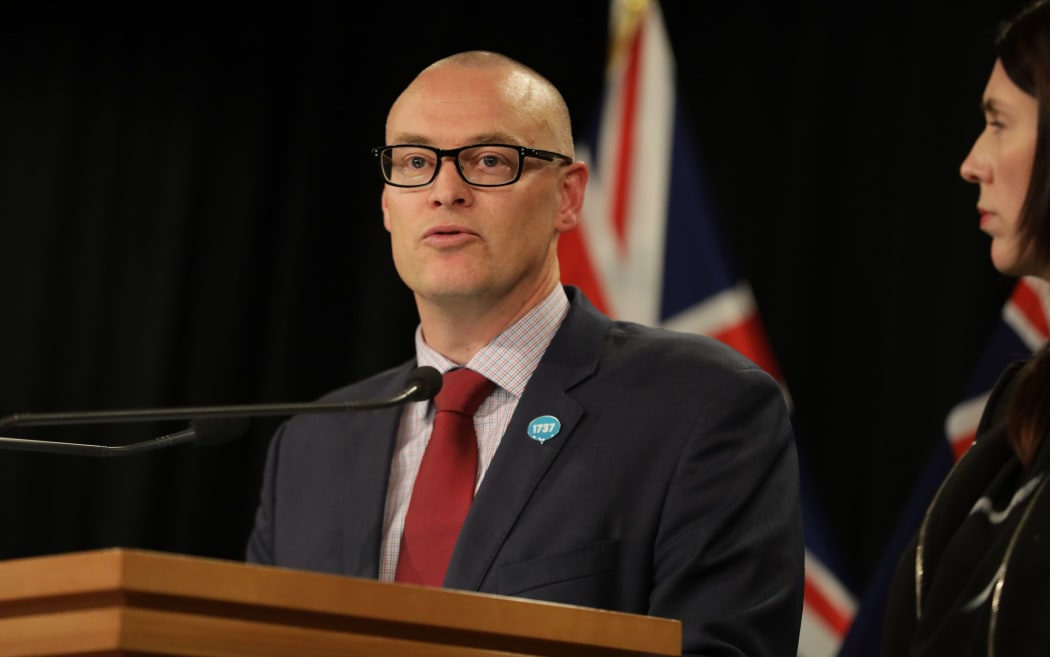
Minister of Health David Clark Photo: RNZ / Rebekah Parsons-King
- A bill that’s reached its second reading has come back from being considered by a select committee which often hears views from the public. National MP Michael Woodhouse was on the Health Committee and at the bill’s second reading he said:
“We heard from the Midwifery Council of New Zealand, I think, that the number of people registered on their database is not actually a very good proxy of the number of people actively in the profession at any one time. So it may well be necessary to continue to refine the categories of membership of a health profession in order that we can have a better handle on who is active, who is retired, and who has changed professions but could still, with a bridging programme, come back into nursing or midwifery or anaesthetic technicians, or whatever the profession might be.”
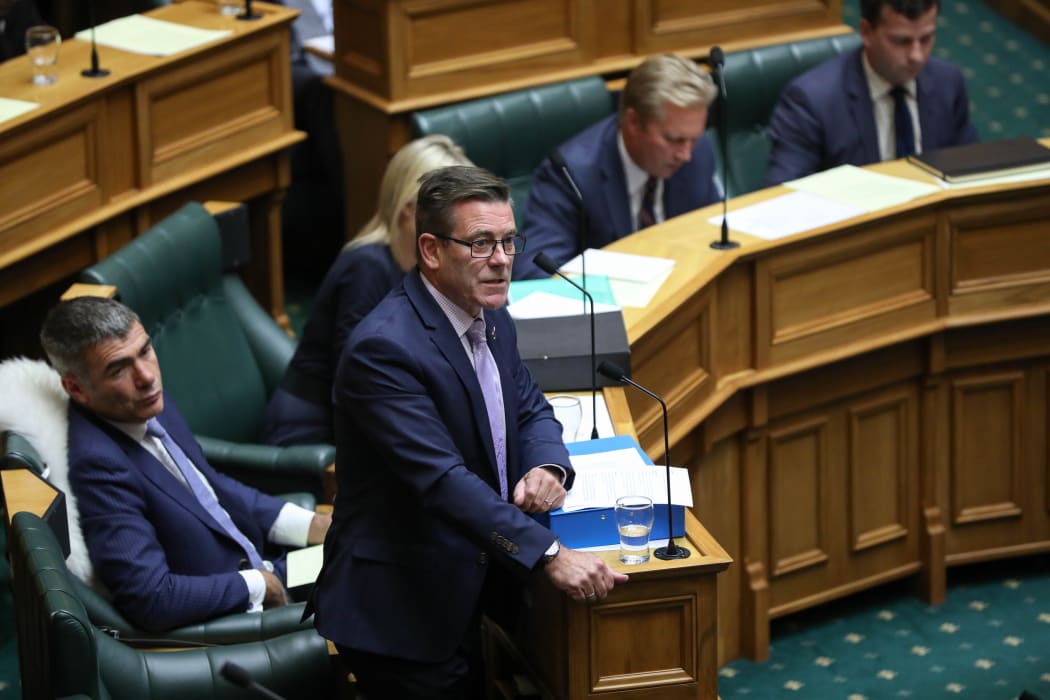
National MP Michael Woodhouse Photo: VNP / Daniela Maoate-Cox
You can check how much the House gets done each sitting day by going here: Daily progress in the House



